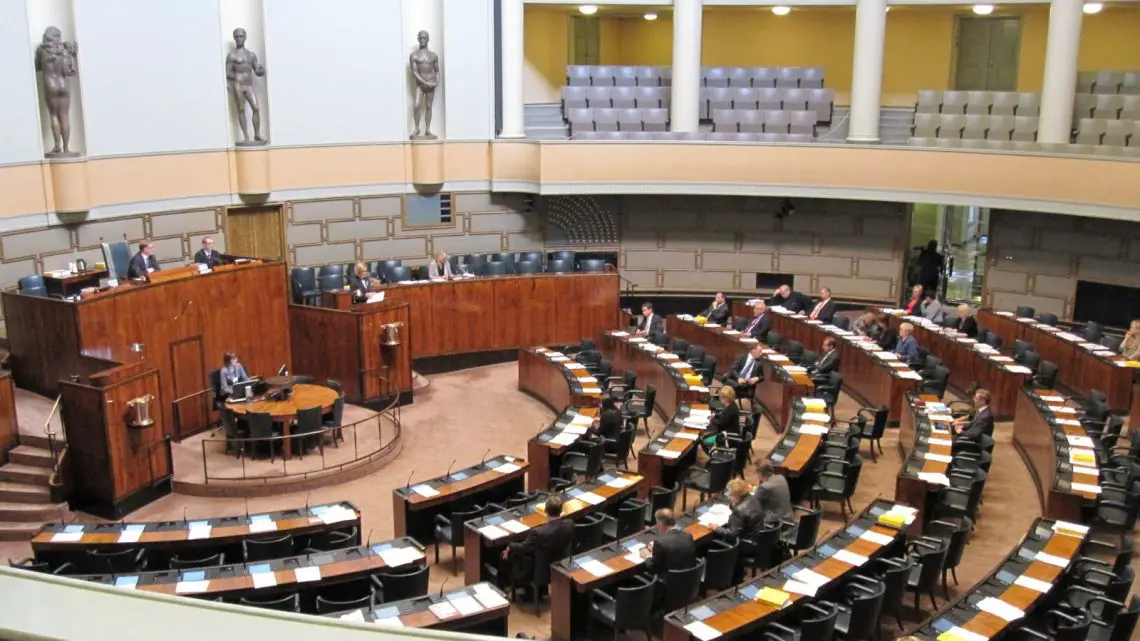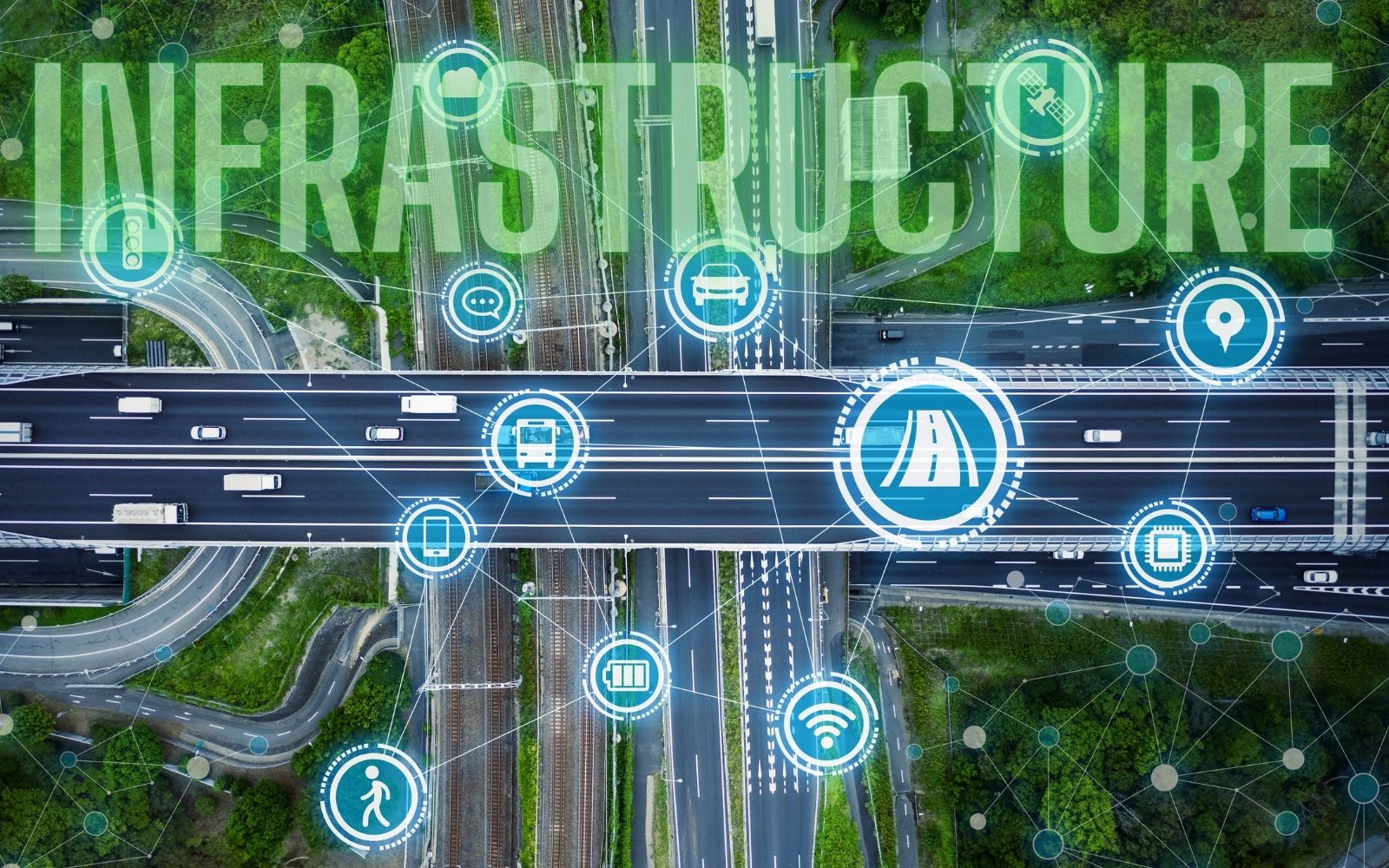
European provisional agreement for hydrogen stations infrastructure shows its faith in H2
April 1, 2023The Council and European Parliament have come to a political agreement to move forward in alternative fuels.
A growing number of electric charging and hydrogen stations are expected to be deployed throughout Europe in coming years following a new provisional political agreement between the Council and the European Parliament.
The agreement is shows that Europe strongly believes H2 will be a critical step forward in energy.
The agreement will also provide European citizens and other stakeholders with a clear message that the EU will be installing refueling and recharging infrastructure in the form of electric recharging and hydrogen stations. With more refueling capacity along motorways as well as within urban areas, citizens will be able to feel more confident that purchasing an alternative energy vehicle won’t limit their ability to travel.
This also underscores the importance of H2 in the transportation industry throughout Europe as a part of its efforts to reduce greenhouse gas emissions while also improving energy security.

The provisional agreement for the electric and hydrogen stations infrastructure had several main objectives.
There are three main points to the new alternative fuel infrastructure regulation (AFIR). They are the following:
- To make sure that the infrastructure is in place for recharging or refueling vehicles on the roads or ships traveling in the water.
- To offer alternative solutions for vessels at birth as well as for stationary aircraft so that they don’t need to keep fossil fuel-powered engines running.
- To make sure the infrastructure throughout the EU is easy to use by focusing on full interoperability.
This provisional regulation will be playing a key role in the acceleration of the deployment of electric charging and hydrogen stations. In this way, the adoption of battery electric and H2 vehicles won’t be delayed due to the lack of refueling networks. By supporting this development, the goal is to provide the EU with a major step forward in hitting European climate targets while ensuring improved energy security.
The AFIR is a component of the Fit for 55 package and was presented by the European commission on July 14, 2021. It is the European’s commitment to slash net greenhouse gas emissions by a minimum of 55 percent by 2030 when compared to levels measured in 1990. The next target in that plan is in 2050, when the goal is to have achieved climate neutrality.



 HFN News is your leading source for fresh hydrogen and renewable energy updates. Amid the fast-paced growth of hydrogen companies, we provide top-notch news and insights about this exciting sector. Our coverage spans from hydrogen cars to global sustainable initiatives, and we highlight the latest in green jobs and developing hydrogen hubs. We invite you to share your local hydrogen news and explore today’s renewable energy job listings on our site. Thanks for choosing HFN News as your trusted guide to the hydrogen and renewable energy world!
HFN News is your leading source for fresh hydrogen and renewable energy updates. Amid the fast-paced growth of hydrogen companies, we provide top-notch news and insights about this exciting sector. Our coverage spans from hydrogen cars to global sustainable initiatives, and we highlight the latest in green jobs and developing hydrogen hubs. We invite you to share your local hydrogen news and explore today’s renewable energy job listings on our site. Thanks for choosing HFN News as your trusted guide to the hydrogen and renewable energy world!

Well done EU! This hydrogen energy transformation will solve climate warming and provide an energy future for all worldwide as fossil fuels deplete. Sadly a world without fossil fuels could come soon then many expect and we must execute to a hydrogen economy long before this happens. Please be aware that fossil fuels are need for many other important uses for centuries to come.